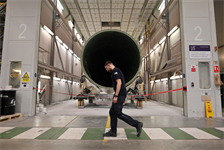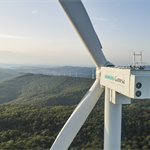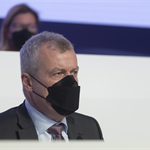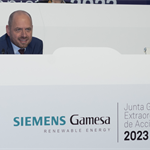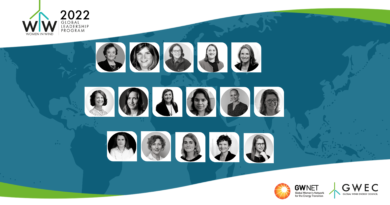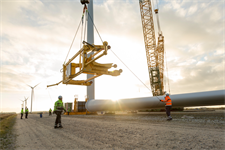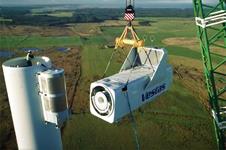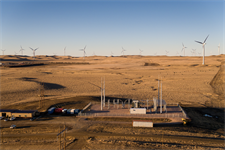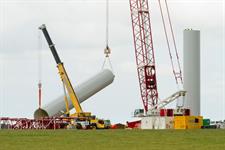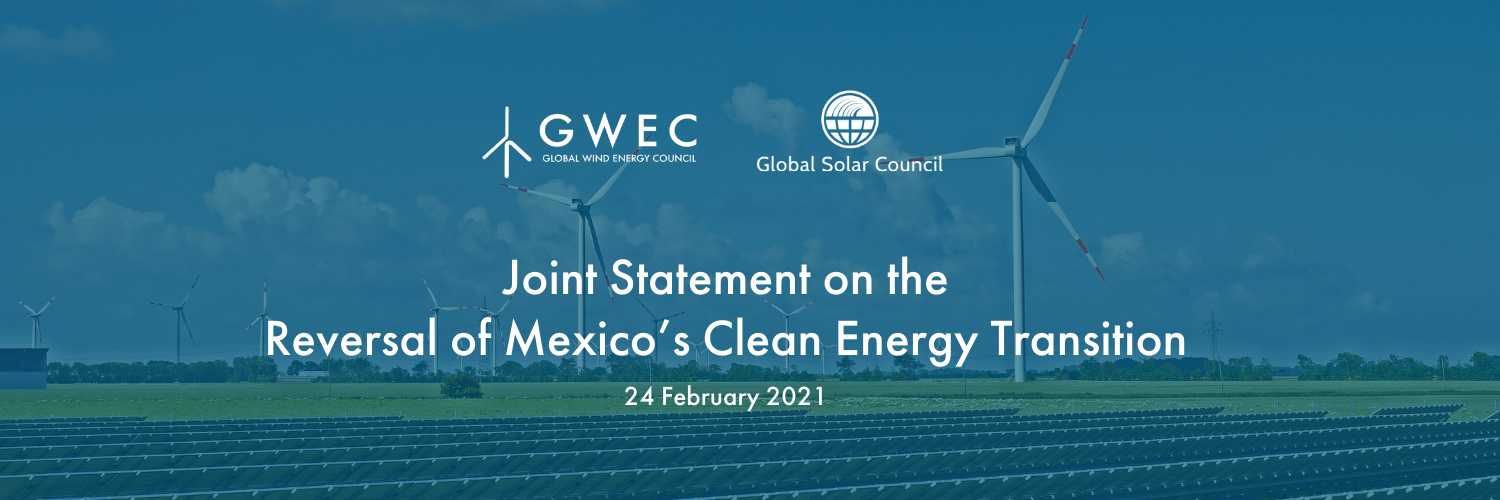Wind turbine maker Siemens Gamesa to cut almost 3,000 jobs globally
Energy Disrupter
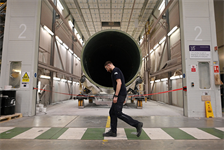
Warning that “further reductions are planned in other countries across the world”, Siemens Gamesa CEO Jochen Eickholt said: “It is never easy to make such a decision, but now is the time to take decisive and necessary actions to turn the company around and ensure a sustainable future. We need to build a stronger and more competitive Siemens Gamesa to secure our position as a key player in the green energy transition.”
The cuts are part of the manufacturer’s so-called Mistral strategy programme, designed to “unlock the company’s full potential and enable profitable growth in the long term through a simplified and leaner structure”, the firm said.
Operations in its major European bases will take the biggest hit, it said, with 800 jobs going in Denmark, 475 in Spain, 300 in Germany and 50 in the UK.
While the new operating model and organisational structure will become effective on 1 January 2023, “headcount will be adjusted accordingly” following negotiations with workers’ councils, but the cuts will happen no later than the 2025 financial year. Details for all affected countries will be defined in negotiations with the workers’ councils, which will start at the beginning of October, it added.
The company stressed that it hopes to “minimise the impact of this adjustment, prioritising natural attrition and internal transfers”. It said: “Despite this workforce reduction, Siemens Gamesa foresees adding headcount in growth areas within the company over the coming years.”
Earlier this week, Eickholt called for Europe-wide action to safeguard the wind industry, warning that wind turbine manufacturers “are operating at massive losses and cannot invest to satisfy growing demand”. Under the Mistral strategy, Siemens Gamesa is seeking to identify synergies across several functions, adjust its manufacturing footprint and capacity to match market demands, and realise the company’s projections for growth.
It will work to strengthen specific areas within key leading markets to capitalise on its strong market position in offshore, as well as growing across the entire value chain and driving a project-centric business approach, it said.

